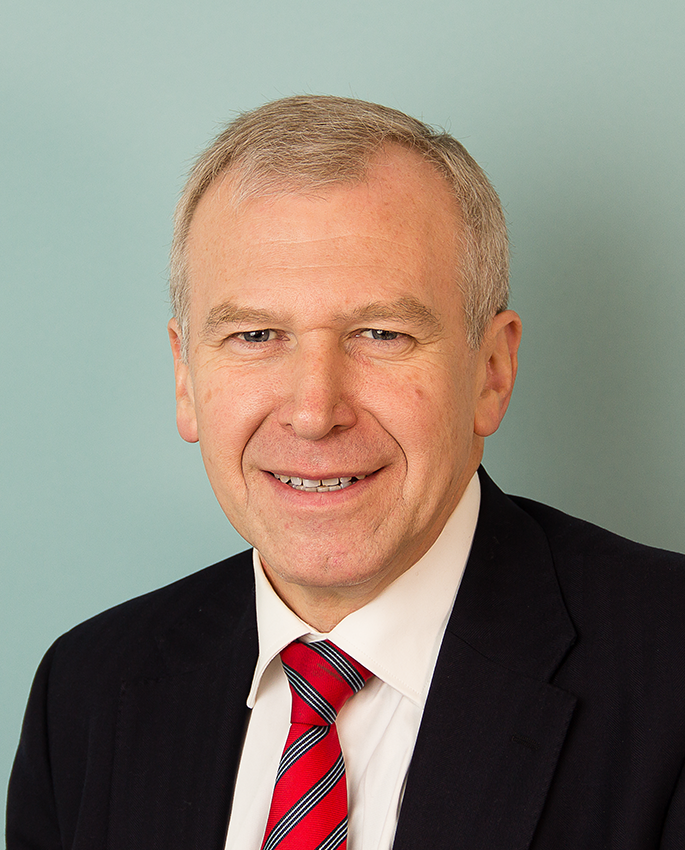
This year will be remembered as the year that put direct democracy back on the agenda.
Two historic referendums, on the UK’s continued membership of the EU and on Colombia’s peace agreement, made international headlines and have been prominent in public debate. These historic votes have cast renewed light on the benefits and drawbacks of direct democracy instruments, such as popular referendums. Using International IDEA data, recent research and testimonials from those with personal experience of referendums, we have taken the time at the end of the year to reflect upon some of the basic concepts of direct democracy, to discuss the strengths and weaknesses of some of its instruments and to look into recent trends of direct democracy around the world.
Our aim has been to disentangle the term direct democracy, by showing the variety of instruments that can be used, by governments or citizens, to provide input to policy-making and decision-making at the local and national levels. By doing so, we can see how these instruments can enrich policy-making by amplifying citizens’ voices on key political issues and deepen democracy by allowing such voices to be heard between elections. In those circumstances, direct democracy instruments can clearly provide an important complement to representative democracy. With this comes the sobering perspective on the weaknesses and potential dangers of such instruments in certain contexts. This includes the difficulty for citizens to understand the complexities and technicalities of legislation and the potential political use of referendums, both by governments as a way to bypass legislatures, and by citizens, who may use referendums to protest against a political leader or government.
These reflections aim to contribute to an enhanced public understanding of direct democracy, by not only refreshing understanding on the basic principles and instruments of direct democracy, but also by contributing to the renewed debate on how to best enhance the role of such instruments to complement the deepening of representative democracy.
That is, if the trend is indeed here to stay.
This article was written as an introduction to International IDEA’s newsletter on Direct Democracy, published in December 2016. View the entire newsletter.




